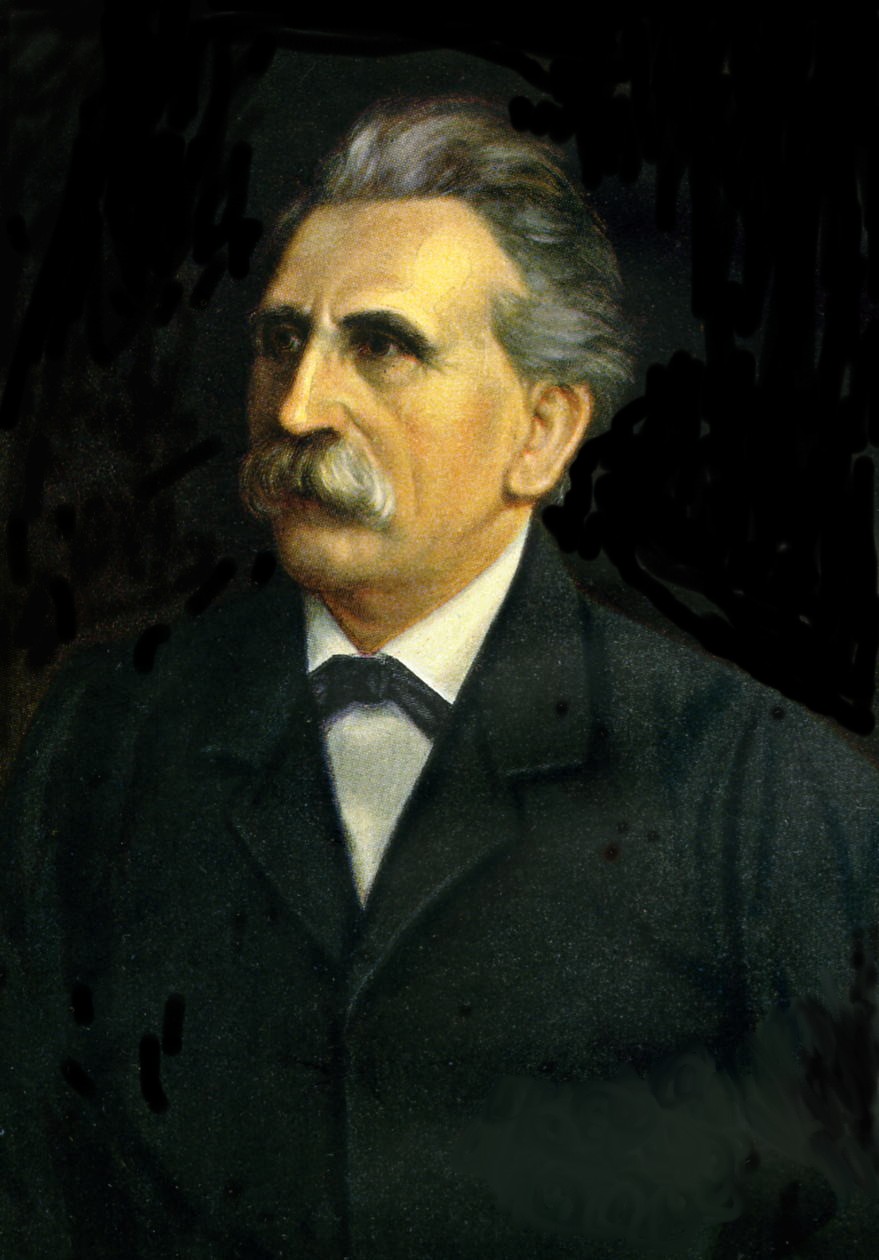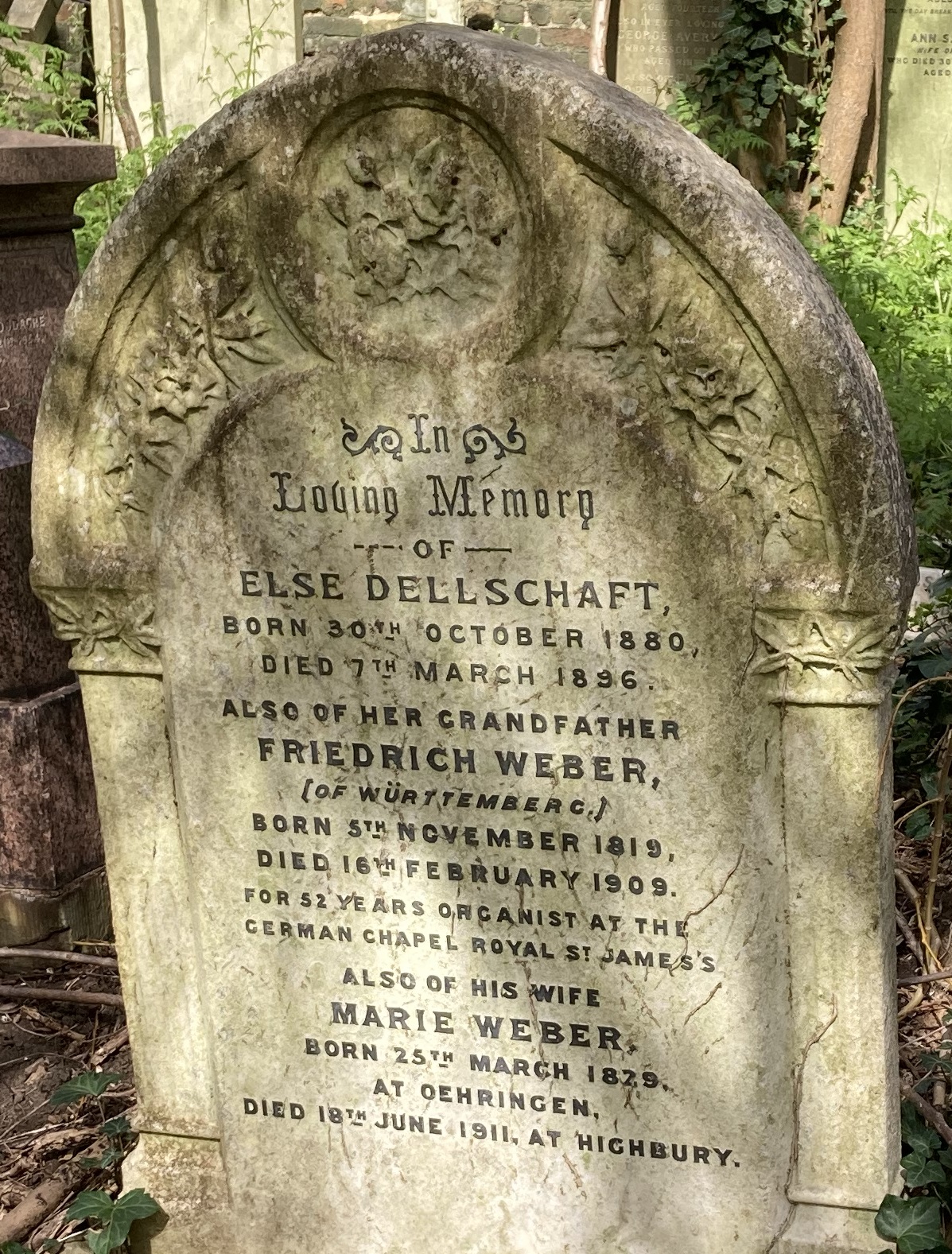|
Friedrich Weber (other)
{{hndis, Weber, Friedrich ...
Friedrich Weber may refer to: * Friedrich Weber (veterinarian) (1892–1954), German veterinarian; a principal conspirator in the Beer Hall Putsch * Friedrich Weber (entomologist) (1781–1823), German entomologist and botanist * Friedrich Weber (general) (1892–1972), German general * Friedrich Wilhelm Weber (1813–1894), German doctor, politician and poet * Friedrich Christian Weber, 18th-century German diplomat and writer * Friedrich Dionys Weber (1766–1842), Bohemian composer * Friedrich Weber (musician) (1819–1909), German organist and composer See also * Weber Weber (, or ; German: ) is a surname of German origin, derived from the noun meaning " weaver". In some cases, following migration to English-speaking countries, it has been anglicised to the English surname 'Webber' or even 'Weaver'. Notable pe ... [...More Info...] [...Related Items...] OR: [Wikipedia] [Google] [Baidu] |
Friedrich Weber (veterinarian)
Friedrich Weber, Dr. (30 January 1892 – 19 July 1955) was an instructor in veterinary medicine at the University of Munich. In World War I he served in the Royal Bavarian 1st Heavy Cavalry Regiment "Prince Karl of Bavaria". He was the leader of the Oberland League and ranked alongside Adolf Hitler, Erich Ludendorff, Ernst Röhm and Hermann Kriebel as one of the chief conspirators of the Beer Hall Putsch in November 1923. He was convicted along with Hitler in 1925 but continued to head the Oberland League until 1929. After his release from prison, he set up a private vet practice in Munich and continued close contact with Hitler being given a lucrative position in Berlin after Hitler's accession to power in 1933. He became an army vet late in World War II. After the war, he was heavily fined for war profiteering A war profiteer is any person or organization that derives profit (economics), profit from warfare or by selling weapons and other goods to parties at war. T ... [...More Info...] [...Related Items...] OR: [Wikipedia] [Google] [Baidu] |
Friedrich Weber (entomologist)
Friedrich Weber (3 August 1781, Kiel – 21 March 1823, Kiel) was a German physician, botanist and entomologist. He was a pupil of Johan Christian Fabricius (1745–1808), and wrote ' in 1795 at the age of 14 and ' in 1801. These two works contained the first descriptions of many new insect species and also first descriptions of other invertebrates like the lobster genus ''Homarus ''Homarus'' is a genus of lobsters, which include the common and commercially significant species ''Homarus americanus'' (the American lobster) and ''Homarus gammarus'' (the European lobster). The Cape lobster, which was formerly in this genus ...''. Partial list of works * 1795 : ''Nomenclator entomologicus secundum entomologian systematicam ill. Fabricii, adjectis speciebus recens detectis et varietatibus.'' Chiloni et Hamburgi: C.E. Bohn viii 171 pp. *1801. ''Observationes entomologicae, continentes novorum quae condidit generum characteres, et nuper detectarum specierum descriptiones''. Impen ... [...More Info...] [...Related Items...] OR: [Wikipedia] [Google] [Baidu] |
Friedrich Weber (general)
__NOTOC__ Friedrich Weber (March 31, 1892 – September 2, 1974) was a German general in World War II. He fought in Africa and in the Eastern Front. He was the commander of the fortress division defending Warsaw in January 1945. Early years Weber was born on 31 March 1892 in Château-Salins, in Lorraine, then the Imperial Territory of Alsace-Lorraine. The Imperial German administration strongly discouraged the French language and culture in favor of High German, which became the administrative language (''Geschäftssprache''). It required the use of German in schools in areas which it considered or designated as German-speaking. French was allowed to remain in use only in primary and secondary schools in municipalities definitely considered Francophone, such as Château-Salins and the surrounding arrondissement, as well and in their local administration. The French name Château-Salins was changed to Salzburg shortly after 1871, which caused problems beyond the language c ... [...More Info...] [...Related Items...] OR: [Wikipedia] [Google] [Baidu] |
Friedrich Wilhelm Weber
Friedrich Wilhelm Weber (25 December 1813 – 5 April 1894) was a German doctor, politician of the Prussian House of Deputies, and poet. Weber was born in Alshausen, near Bad Driburg, in Westphalia. His father was forester for the Count of Asseburg. Weber first attended the village school, then when thirteen years old he went to the Gymnasium at Paderborn, and afterwards studied medicine at the University of Greifswald. His talent for poetry had been evidenced at the gymnasium; at university, it grew. After spending two years at Greifswald he went to Breslau, where he became acquainted with Gustav Freitag. After a year, however, he returned to Greifswald, where he obtained a doctorate; thence he went to Berlin, where he passed the state medical examination with great honour. After a brief journey for recreation to southern Germany he settled as a physician in Driburg, where he spent twenty-six years. His practice as a doctor did not keep him from writing poetry. In 1887 ... [...More Info...] [...Related Items...] OR: [Wikipedia] [Google] [Baidu] |
Friedrich Christian Weber
Friedrich Christian Weber (died 1739) was an 18th-century German diplomat and writer. He was born in Hanover and, after the succession of fellow Hanoverian George I of Great Britain to the throne of the Kingdom of Great Britain in 1714, represented English interests at the Russian court of Peter the Great. He did not excel as a diplomat, but published one of the most important accounts of the period during and immediately after Peter's reign. His account, entitled "Das veraenderte Russland", appeared in three volumes in 1721, 1739 and 1740. Weber returned from Russia in 1719. "Das veraenderte Russland" was translated into English and published in 1722-1723 as "The Present State of Russia", the second volume of which comprised Lorenz Lange Lorenz or Lorents Lange (russian: Лоренц (Лаврентий) Ланг; c. 1690 – 1752) was an official in 18th-century Siberia who dealt with Russo-Chinese trade and diplomacy. His reports were a major influence on Russian policy ... [...More Info...] [...Related Items...] OR: [Wikipedia] [Google] [Baidu] |
Friedrich Dionys Weber
Friedrich may refer to: Names *Friedrich (surname), people with the surname ''Friedrich'' *Friedrich (given name), people with the given name ''Friedrich'' Other *Friedrich (board game), a board game about Frederick the Great and the Seven Years' War * ''Friedrich'' (novel), a novel about anti-semitism written by Hans Peter Richter *Friedrich Air Conditioning, a company manufacturing air conditioning and purifying products *, a German cargo ship in service 1941-45 See also *Friedrichs (other) *Frederick (other) *Nikolaus Friedreich Nikolaus Friedreich (1 July 1825 in Würzburg – 6 July 1882 in Heidelberg) was a German pathologist and neurologist, and a third generation physician in the Friedreich family. His father was psychiatrist Johann Baptist Friedreich (1796–1862) ... {{disambig ja:フリードリヒ ... [...More Info...] [...Related Items...] OR: [Wikipedia] [Google] [Baidu] |
Friedrich Weber (musician)
Friedrich (Frederic) Weber (5 November 1819 – 16 February 1909) was a German organist and composer.Orbituary in Musical Times (1. March 1909, Vol. 50, No. 793)Scottish Church Music by James Love (1891, W. Blackwood and sons, Edinburgh and London)short biography, in ''Album für Orgelspieler'' (Festgabe für Herrn Johann Gottlob Töpfer zu seinem 50-jährigen Amts-Jubiläum am 4. Juni 1867; Editor Adelbert Kühn, 1867). [...More Info...] [...Related Items...] OR: [Wikipedia] [Google] [Baidu] |


